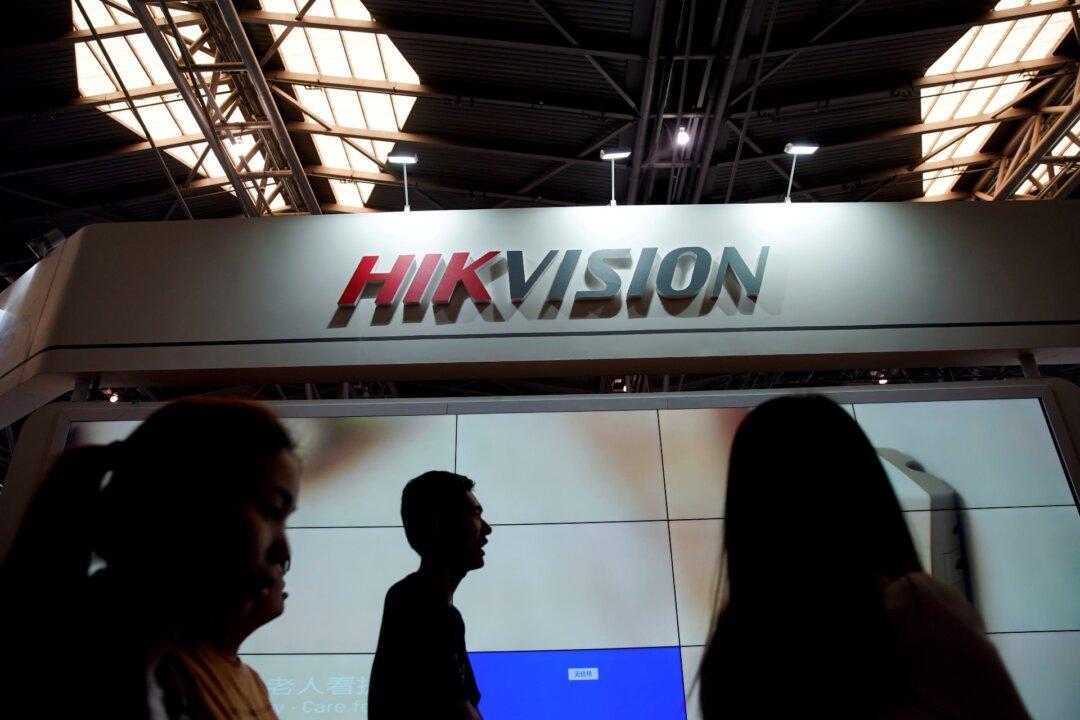The UK’s surveillance watchdog said a timeline should be set up to assess the risks of using Chinese-made equipment and to remove or replace them if appropriate.
In an interview published on Monday in The Times of London, Biometrics and Surveillance Camera Commissioner Fraser Sampson likened the widespread use of Chinese cameras and drones to “digital asbestos,” saying the equipment had previously been installed widely because “they were cheap and got the job done,” but knowing “they bring significant risk,” the UK should “probably stop installing any more until we understand the depth and breadth of those risks.”





